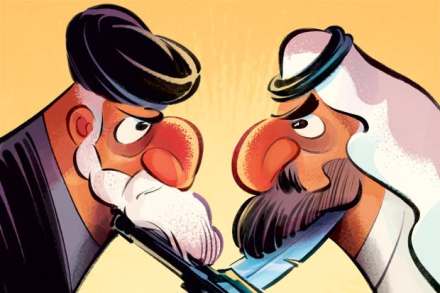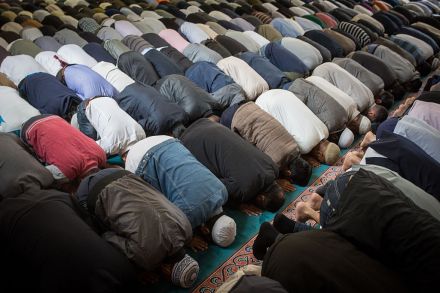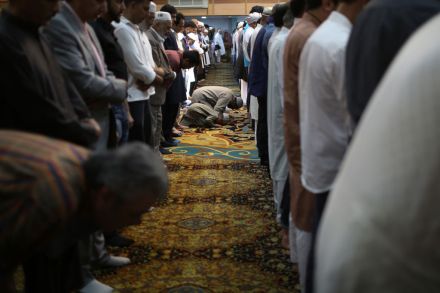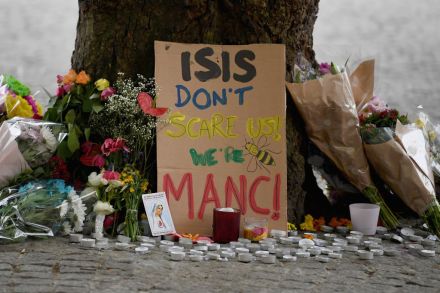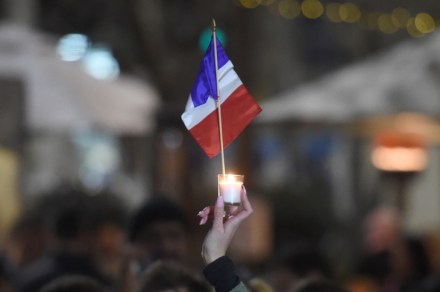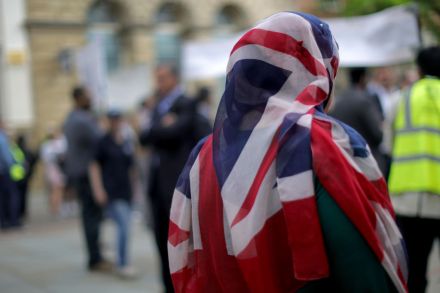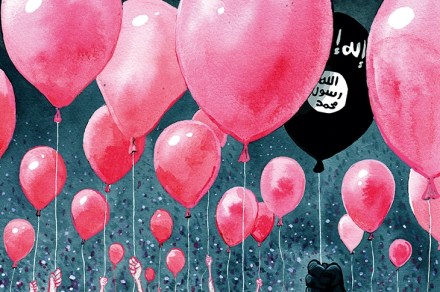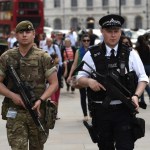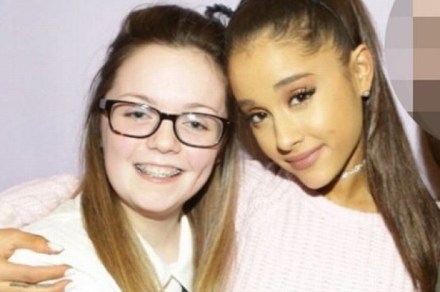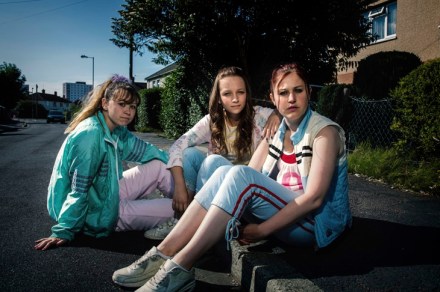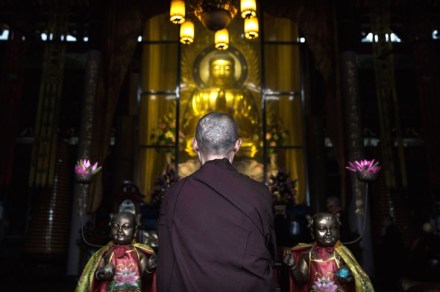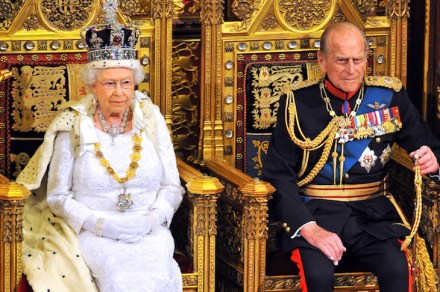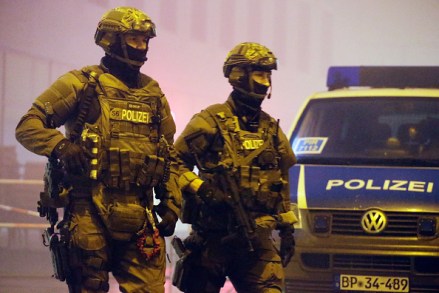The great Sunni-Shia conflict is getting ever closer to the surface
Several people have been killed in a terrorist attack in Iran today, with Isis claiming responsibility. This has potentially huge consequences for the wider Shia-Sunni conflict. In 2014, Douglas Murray wrote for the Spectator on Islam’s 30-year war. His piece seems particularly prescient in light of today’s events: Syria has fallen apart. Major cities in Iraq have fallen to al-Qa’eda. Egypt may have stabilised slightly after a counter-coup. But Lebanon is starting once again to fragment. Beneath all these facts — beneath all the explosions, exhortations and blood — certain themes are emerging. Some years ago, before the Arab ‘Spring’ ever sprung, I remember asking one top security official about the region.
